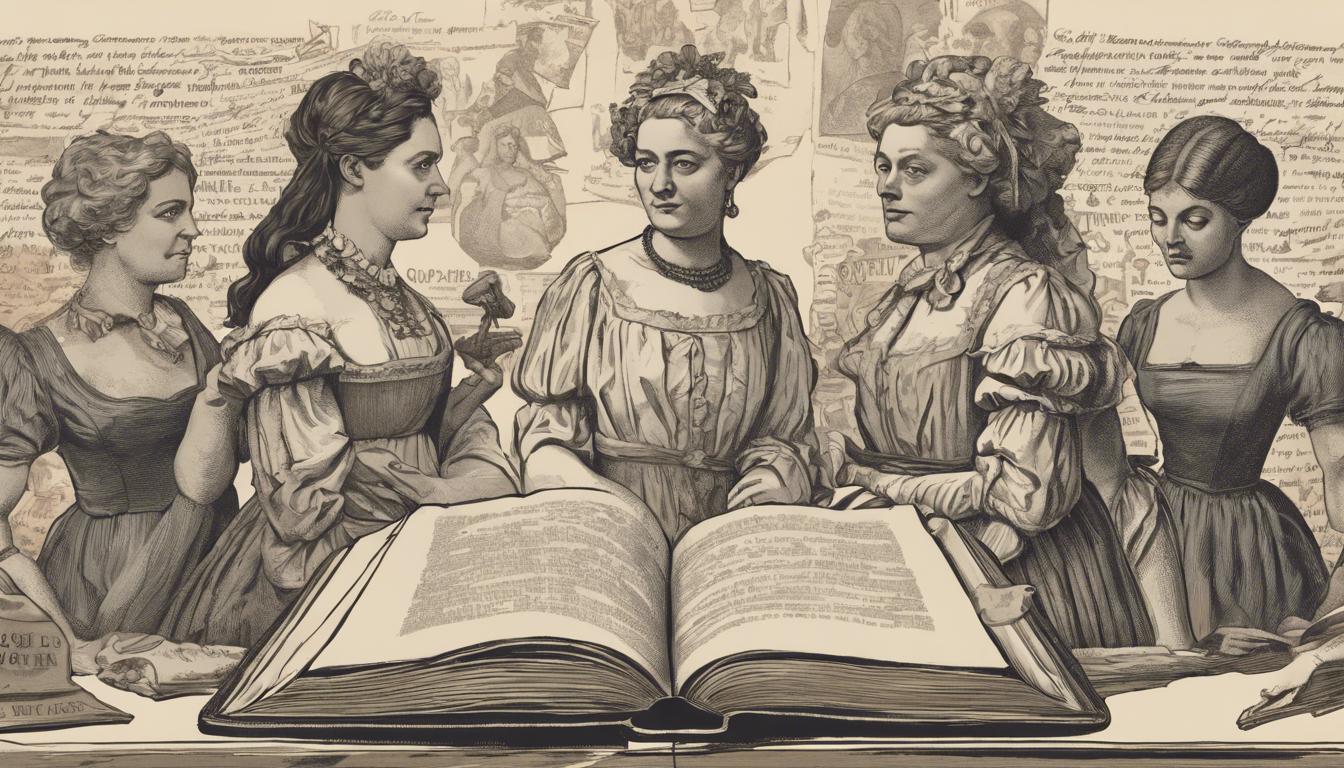Northumbria Police has concluded that JK Rowling’s social media post misgendering broadcaster India Willoughby does not constitute a criminal offense, amidst broader debates on transgender rights and freedom of speech.
Northumbria Police has determined that the complaint filed by trans woman and broadcaster India Willoughby against author JK Rowling did not meet the criminal threshold. Willoughby had accused Rowling of misgendering her in a social media post, which sparked wider discussion on the issues surrounding transgender rights and freedom of speech. The police concluded that Rowling’s comments did not constitute a criminal offense, following a review.
Rowling defended her actions by referencing the Forstater ruling from 2021, which protects gender-critical views under law. She argued that this legal precedent does not compel her to refer to Willoughby using female pronouns and further mentioned that she had previously been advised she could sue Willoughby for defamation, though she chose not to pursue legal action.
The dispute underscores the ongoing debate in the UK about gender identity, the protection of free speech, and the legal boundaries of hate speech. While Willoughby believed Rowling’s actions were a hate crime due to her legal recognition as a woman, the police’s decision not to pursue the complaint highlights the complexities of such cases in the current legal framework.
In a separate event marking International Women’s Day, Belfast City Hall unveiled statues of Mary Ann McCracken and Winifred Carney, notable for their contributions to social causes and the suffragette movement. These figures, pivotal in their advocacy for the Irish language, against poverty, slavery, and for women’s rights, are the first non-royal women to receive such recognition through statues in Belfast. The ceremony, attended by actors in period costume who recounted the lives of McCracken and Carney, reflected the ongoing efforts to honor women who have played crucial roles in historical and social advocacy.
